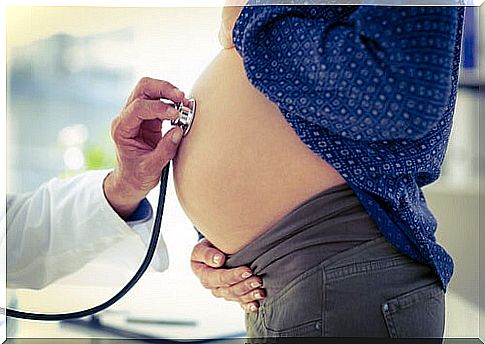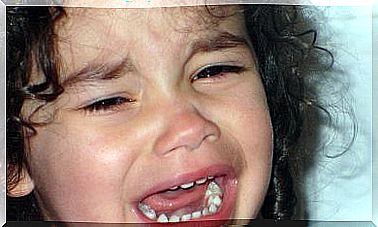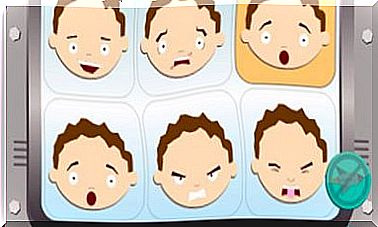What Is Turner Syndrome?

Turner syndrome is a disorder that only affects girls and women when there is a total or partial absence of an X chromosome. The lack of this chromosome can cause a variety of developmental and medical problems.
It can be detected from before birth, through a prenatal ultrasound or a test for the detection of free fetal DNA.
Symptoms of Turner syndrome
In some people the symptoms may be mild, but in others it can cause serious health problems. The lack of the X chromosome causes inconveniences during fetal development and other developmental disorders during the birth of the baby.
At the time of detection of Turner syndrome, girls or women with the disorder will need to receive medical attention from a variety of specialists. These are some of the symptoms:
- Abnormally functioning kidneys.
- Disadvantages of learning in areas such as mathematics and with visual-spatial coordination.
- Thyroid problems.
- Strong chances of suffering from type 2 diabetes.
- Possibility of developing osteoporosis.
- Heart problems and stress.
- Growing problems.
- Wide or webbed neck.
- Swelling of the hands and feet.
- Low hairline at nape.
- Low set ears.
- Infertility
- Short stature.
Complications of Turner syndrome
This disorder can affect several important systems of the body and even the person can have serious problems with the heart. Among the most frequent complications, we can find:
Heart problems
Many girls and women with Turner syndrome were born with heart disorders or mild abnormalities in the structure of the heart, leading to more serious complications, such as the risk of tearing the inner layer of the aorta.
These cardiovascular drawbacks can increase the risk of diabetes and high blood pressure.
Hearing loss
Hearing problems are quite common in girls and women with Turner syndrome. This is due to the gradual loss of nerve functions.
Abnormalities in the shape of the skull can also increase the risk of middle ear infections and total hearing loss.
Vision problems
Girls with Turner syndrome may show greater impairment in controlling the muscles responsible for eye movements. Because of this, they can also suffer from myopia and other vision problems.
Renal drawbacks
The kidneys are often very affected when girls or women have Turner syndrome. The existence of the disorder increases the chances of having a malformation in the kidneys.
Although this does not usually cause major medical problems, it can increase the risk of high blood pressure and urinary tract infections.
Learning difficulty
At best, girls and women with this disorder have normal intelligence, but Turner syndrome increases the risk of abnormal learning ability. It occurs especially in the areas in charge of mathematical operations, memory, attention and everything related to calculations.
Dental problems
The existence of Turner syndrome increases the chances of abnormal tooth growth and even increases the risk of tooth loss.
Complications in pregnancy
Women with this disorder are more likely to have problems in pregnancy, such as high blood pressure and aortic dissection. For this reason, a cardiologist will have to evaluate the state of the heart. Also, Turner syndrome often causes a high-risk pregnancy to develop.

What is the treatment for Turner syndrome?
There is no cure for this disorder, but there are various treatments to reduce symptoms. Hormones are approved for growth problems, while estrogen replacement therapy is used for ovarian conditions.
As for women who have Turner syndrome and want to get pregnant, there are also various reproductive techniques.
Sometimes it is difficult to distinguish the symptoms or signs of Turner syndrome, so it is vital to perform an evaluation when suspecting the possible existence of the disease. An early diagnosis will allow you to receive proper medical care.










